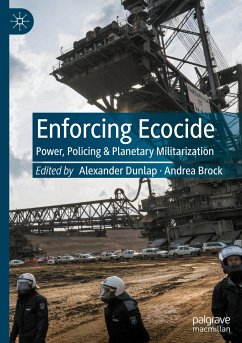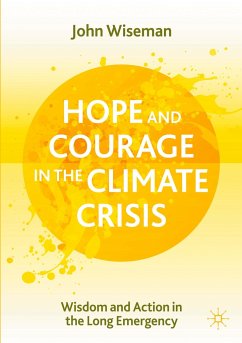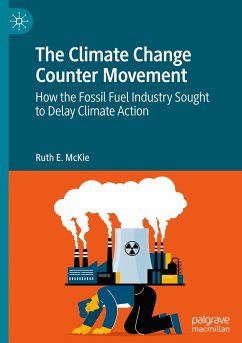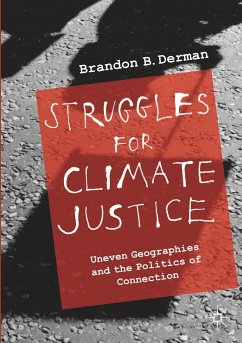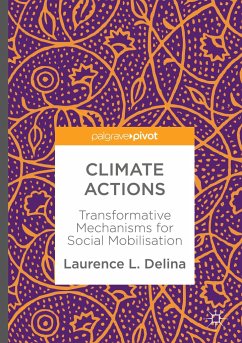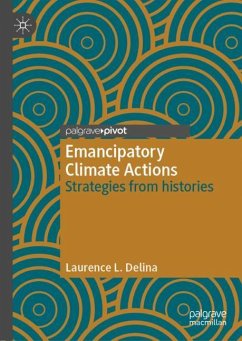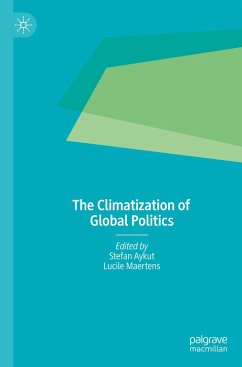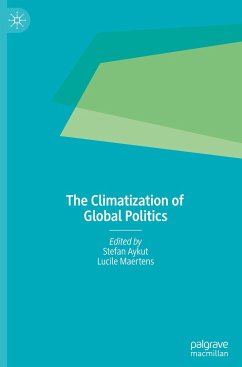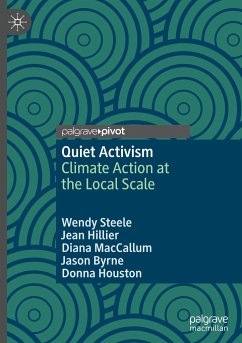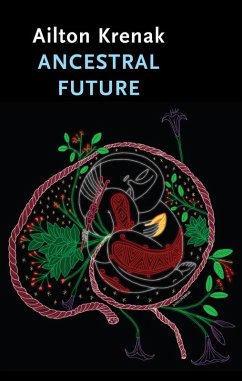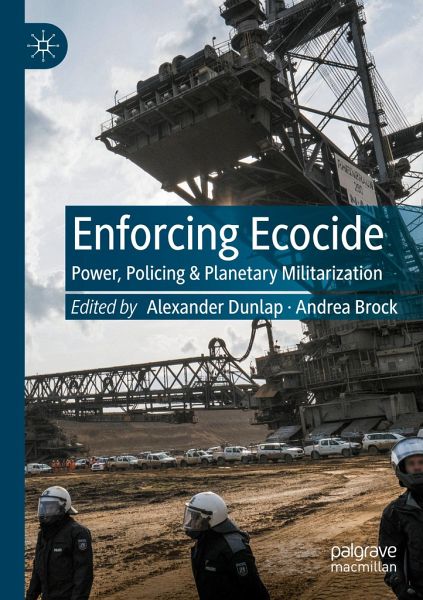
Enforcing Ecocide
Power, Policing & Planetary Militarization
Herausgegeben: Dunlap, Alexander; Brock, Andrea
Versandkostenfrei!
Versandfertig in 6-10 Tagen
98,99 €
inkl. MwSt.

PAYBACK Punkte
49 °P sammeln!
Policing and ecological crises - and all the inequalities, discrimination, and violence they entail - are pressing contemporary problems. Ecological degradation, biodiversity loss, and climate change threaten local communities and ecosystems, and, cumulatively, the planet as a whole. Police brutality, wars, paramilitarism, private security operations, and securitization more widely impact people - especially people of colour - and habitats. This edited collection explores their relationship, and investigates the numerous ways in which police, security, and military forces intersect with, reinf...
Policing and ecological crises - and all the inequalities, discrimination, and violence they entail - are pressing contemporary problems. Ecological degradation, biodiversity loss, and climate change threaten local communities and ecosystems, and, cumulatively, the planet as a whole. Police brutality, wars, paramilitarism, private security operations, and securitization more widely impact people - especially people of colour - and habitats. This edited collection explores their relationship, and investigates the numerous ways in which police, security, and military forces intersect with, reinforce, and facilitate ecological and climate catastrophe. Employing a case study-based approach, the book examines the relationships and entanglements between policing and ecosystems, revealing the intimate connection between political violence and ecological degradation.





